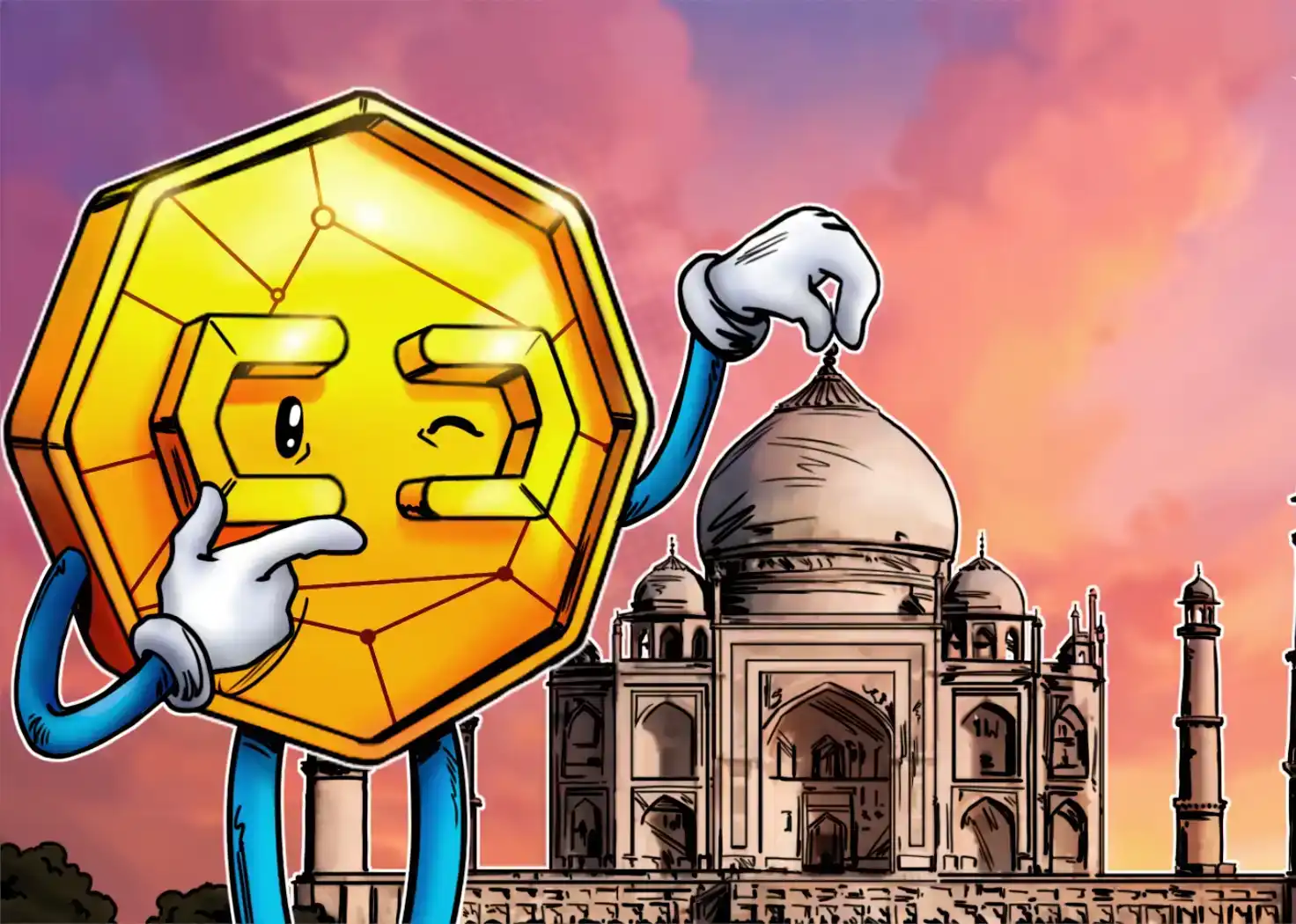India's stock market plans to transition to a T+0 trade settlement cycle by March 28, aiming to rival crypto exchanges by offering same-day settlement. SEBI believes this move is crucial to retain investors amidst growing crypto popularity.
India is set to roll out an accelerated trade settlement mechanism for its stock market to bolster competitiveness against the rising allure of crypto exchanges.
Announced by Madhabi Puri Buch, the Securities and Exchange Board of India (SEBI) Chair, on March 11, the plan entails the introduction of a T+0 trade settlement cycle by March 28. This service, optional for traders, specifically targets those seeking same-day settlement.
Since 2021, the Indian stock market has operated on a T+1 settlement cycle, where all stock trades are settled the subsequent day. Similarly, the introduction of the T+1 settlement cycle occurred in phases.
Buch stresses the significance of transitioning to T+0 for the Indian stock market to effectively contend with cryptocurrencies. She asserts that investors now anticipate instantaneous settlements, and failure of a "well-regulated market" to compete with the crypto realm could drive investors to platforms already offering such features.
SEBI outlines several advantages of T+0 and instant settlement cycles, including immediate receipt of funds and securities for investors. Furthermore, same-day settlements aim to mitigate settlement risks and empower investors with greater control over their funds and securities.
Recently, the Financial Intelligence Unit (FIU), a body under India's Ministry of Finance tasked with gathering financial intelligence related to offenses under the Prevention of Money Laundering Act, issued notices of noncompliance.
On December 28, 2023, Binance, HTX, Kraken, Gate.io, KuCoin, Bitstamp, MEXC Global, Bittrex, and Bitfinex received notices for allegedly operating illegally in India. They were granted a 12-day ultimatum to comply with Indian Know Your Customer and Anti-Money Laundering regulations.
Despite India's consistent reluctance towards cryptocurrencies, the nation continues to embrace blockchain technology across various nationwide initiatives. Recently, it was disclosed that over eight million government-issued documents are hosted on five different blockchain platforms in India.

India predominantly leverages three blockchain platforms - Hyperledger Fabric, Hyperledger Sawtooth, and Ethereum - for product development. The five blockchain products currently implemented in India are certificate chain, document chain, drug logistics chain, judiciary chain, and property chain.

